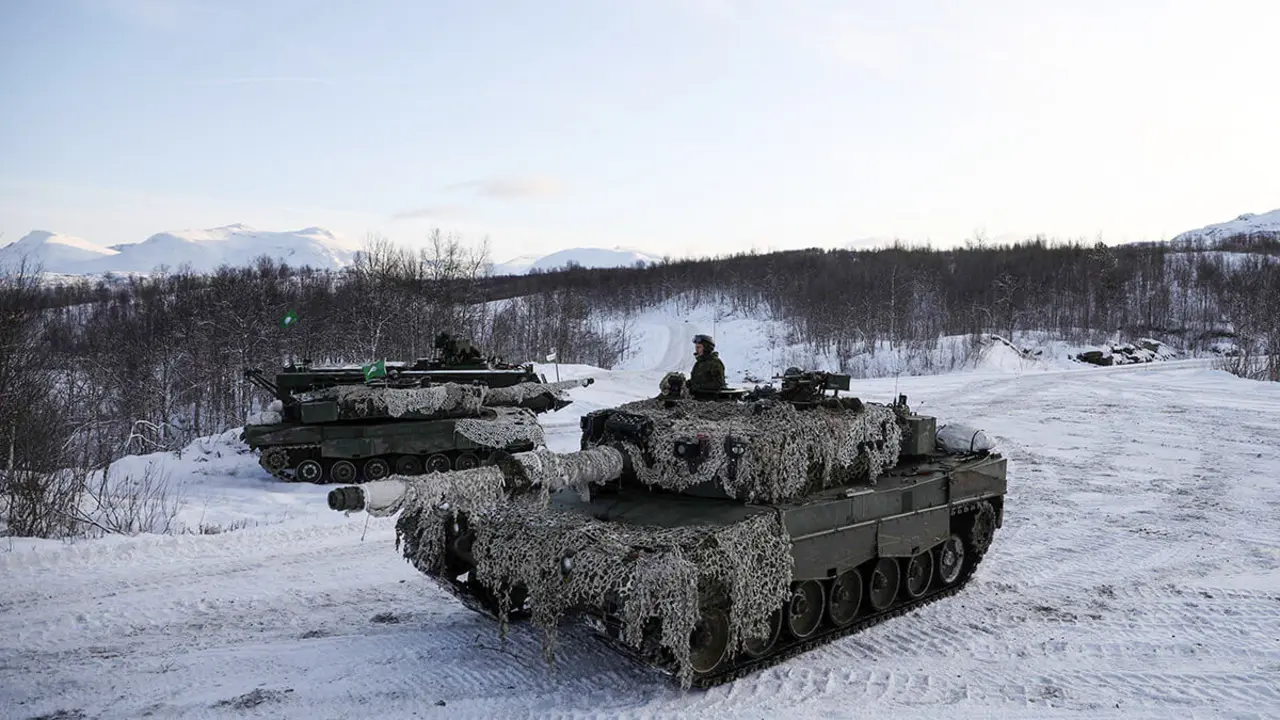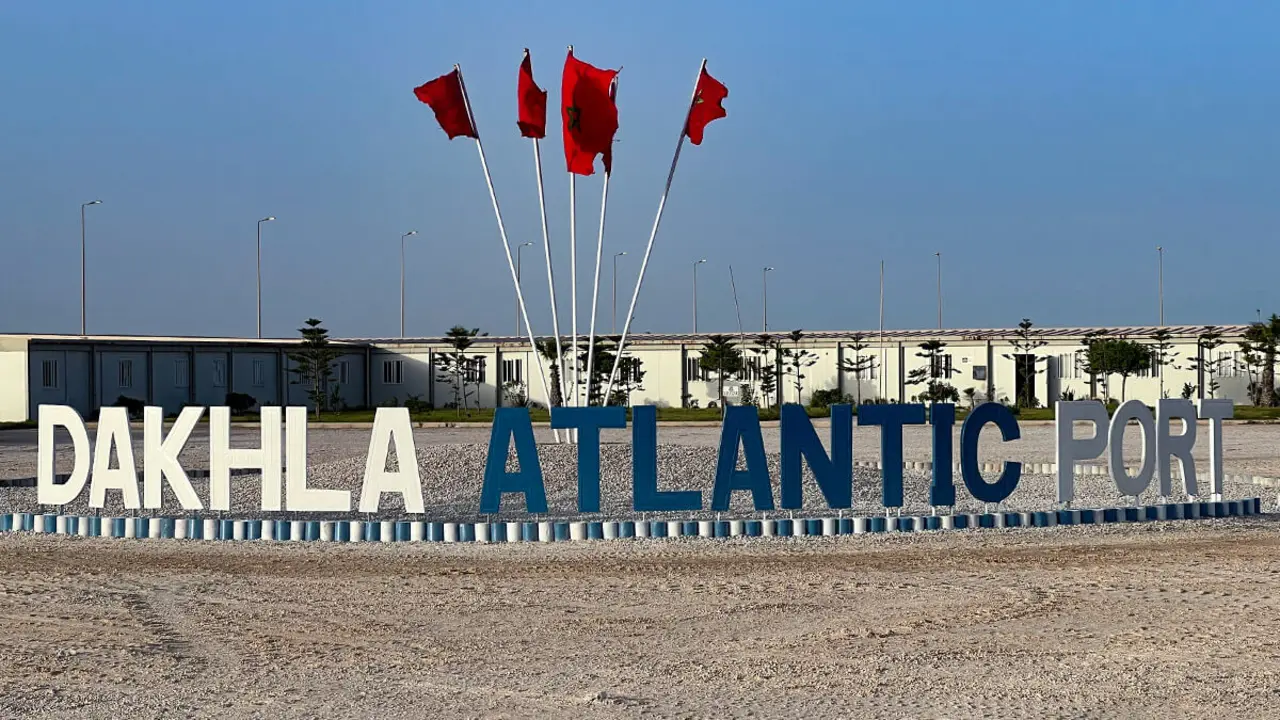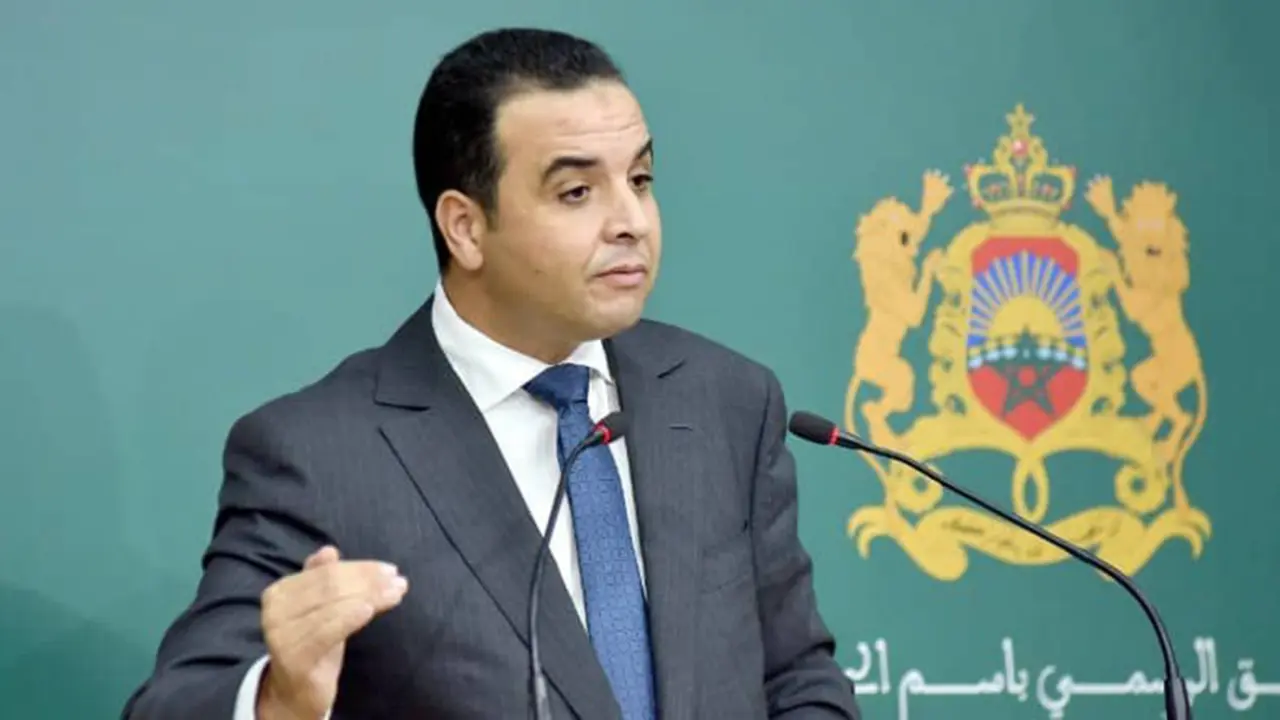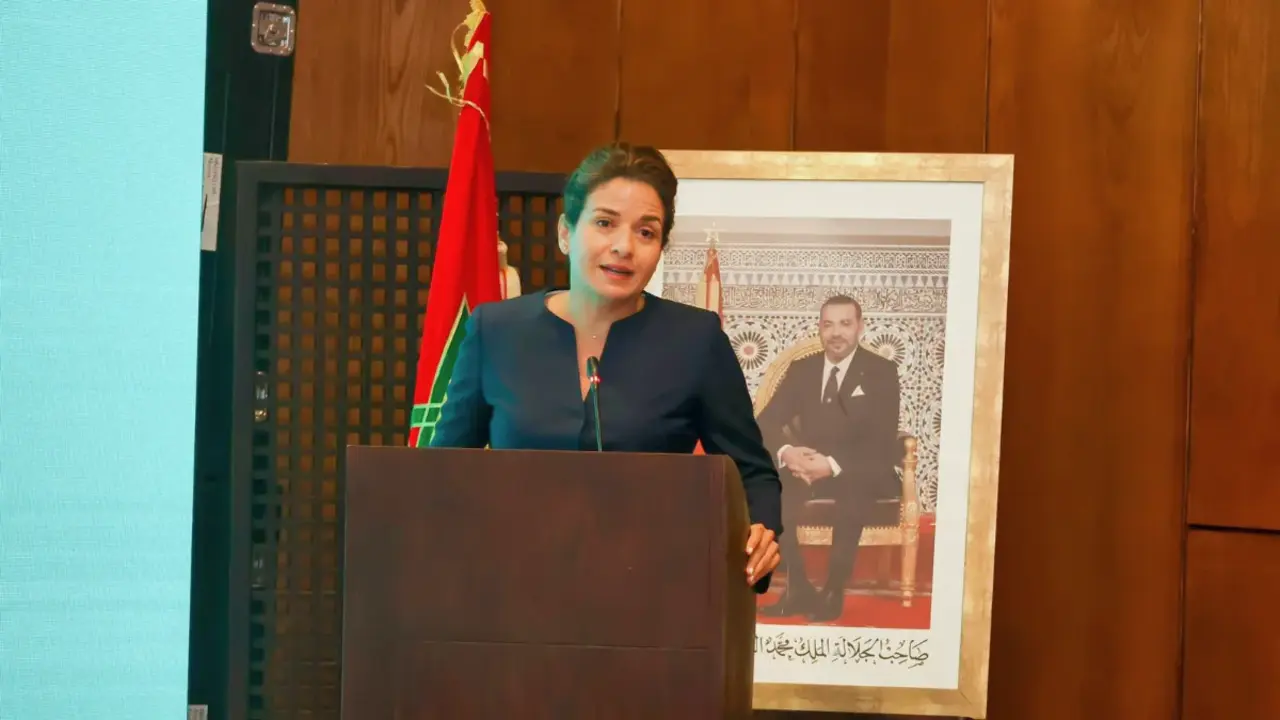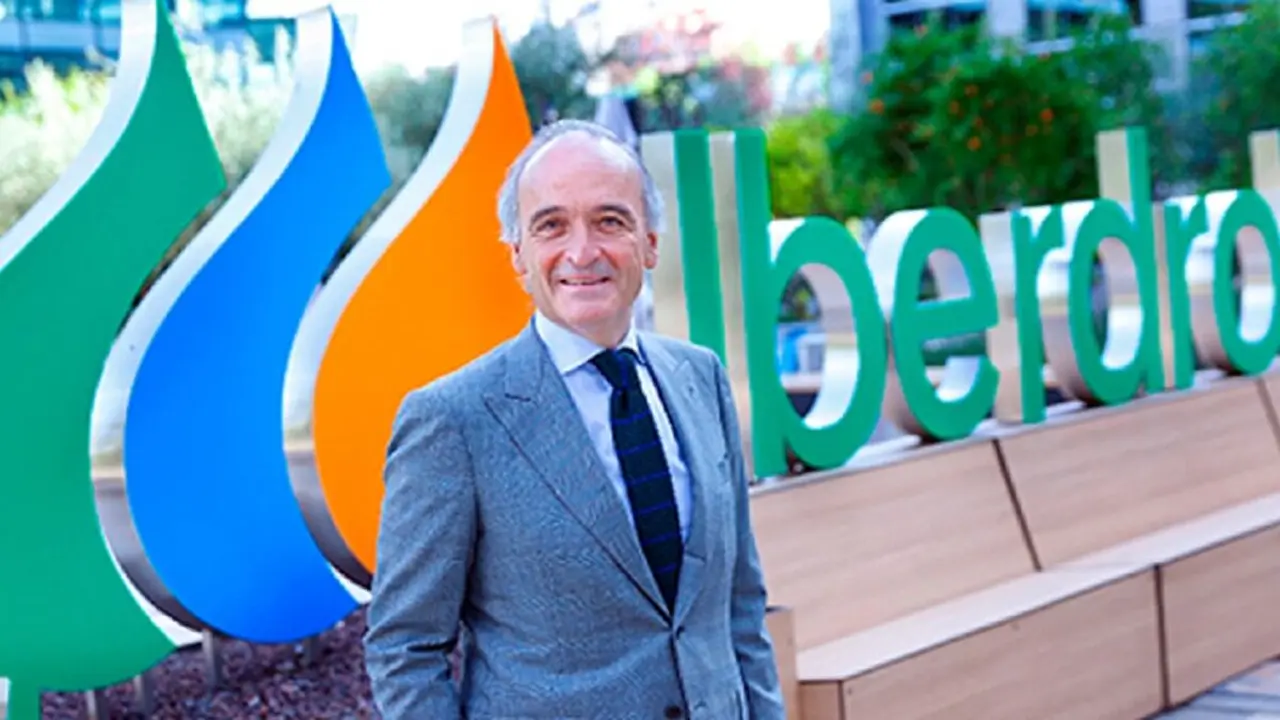Qatar seeks funds to increase its cash reserves in response to falling energy prices

Qatar's sovereign wealth fund, a Qatari state-owned investment vehicle, is committing some of its largest capital investments in Europe to a EUR 7 billion ($7.6 billion) loan to enable the country to strengthen its cash reserves in anticipation of the sharp drop in energy prices resulting from the current worldwide crisis caused by the spread of the COVID-19 disease.
The coronavirus pandemic has been causing in recent weeks a significant slowdown in economic and industrial activity and that affects, of course, the prices of the energy sector, which are on the ground with the fall in demand in sectors such as oil, caused by the current slowdown resulting from the measures of social distancing and confinement applied by governments around the world to prevent the expansion of COVID-19; a scenario that causes, for example, no travel with cars or planes and no placement of energy products such as various existing fuels. It should be noted at this point that Qatar is the main exporter of liquefied natural gas, an important fuel at present, and a nation whose economy also depends partly on oil, currently affected by a general decline in prices due to a shortage of demand. The Gulf monarchy, led by Emir Tamim bin Hamad al-Thani, has been affected by this sharp drop in prices, also considering that most gas prices are closely linked to the cost of oil, which fell by more than 50% in March.
Under this scenario of urgent need for cash reserves, the Qatar Investment Authority (QIA) is negotiating with banks such as JPMorgan Chase & Co and UBS Group AG for a margin loan backed by some of its equity groups, according to various sources and echoed by the financial news media Bloomberg. The deal could represent one of the largest operations of its kind in the Middle East.

The terms of the loan are not yet in the public domain because the details are being finalized and therefore there are no official explanations from the protagonists. In any case, banks such as the American and Swiss banks mentioned above are always interested in this type of fund lending operation to clients with large resources and financial backing, such as Qatar. In this case, the banks would leave money to the Qatari state with some of the Arab nation's investments in the European continent as a guarantee if the unlikely event came that part of the sum lent and its interest could not be returned. Competition between financial institutions in this type of case has to do with the interest and fees that may be charged for the transaction in question. However, these transactions also carry risks if there are mistakes in accounting or calculation estimates.
Qatar's state-owned fund manages almost $300 billion in assets and ranks 11th worldwide, according to the Sovereign Wealth Fund Institute, thanks to holdings in major European companies such as London Stock Exchange Group Plc, Volkswagen AG and Glencore Plc.

Nevertheless, it should be noted with regard to the viability of this loan operation that some of the European stock investments of the Qatar Investment Authority have also been shaken by the pandemic, as the cessation of economic activity has a major slowdown in the economy in Europe and many companies have been forced to make cuts in the face of falling profits. In this regard, it should be noted, for example, that Glencore shares have fallen by 39% this year, while Volkswagen shares have also fallen by 30%. This is why these Qatari stock investments are currently of less value when offered as collateral for a loan from international banks to obtain the desired assets and funds.
Some experts have spoken out in the wake of this Qatar case. "This is part of a broader trend of sovereign wealth funds in the region exploring the use of leverage or borrowing in their operations to accumulate returns," said Ayham Kamel, head of the Middle East and North Africa consulting firm Eurasia Group. "There is some resistance to liquidating assets immediately in the crisis, as governments fear this will send a negative signal and undermine the value of their holdings," he explained. For its part, Qatar is one of the richest countries in the world in terms of per capita income and managed to raise $10 billion in a recent bond sale in April that attracted around $45 billion in orders.

In addition to the current blow to the energy sector, which seriously threatens the Arab country's oil and gas business, Qatar has been under an embargo from Saudi Arabia, the United Arab Emirates (UAE), Bahrain and Egypt since 2017. These neighboring nations broke diplomatic and economic ties with the Qatari state after accusing it of supporting cross-border Islamic fundamentalist terrorism, something that was denied by the authorities of this Gulf monarchy itself. The country's finances have been seriously affected since then and Qatar had to react by seeking new trading partners such as Iran and Turkey, something that the group of partner countries of the United States and Saudi Arabia didn't like. Following these sanctions, the QIA had to inject billions of dollars into local banks to cope with the difficult situation.
Indeed, the QIA is among the Gulf wealth funds that have accumulated assets of more than $2 trillion as a safety net for when the oil runs out or revenues drop. These funds could now see a drop of more than $300 billion this year due to market turmoil over the coronavirus crisis, according to the Institute of International Finance.

